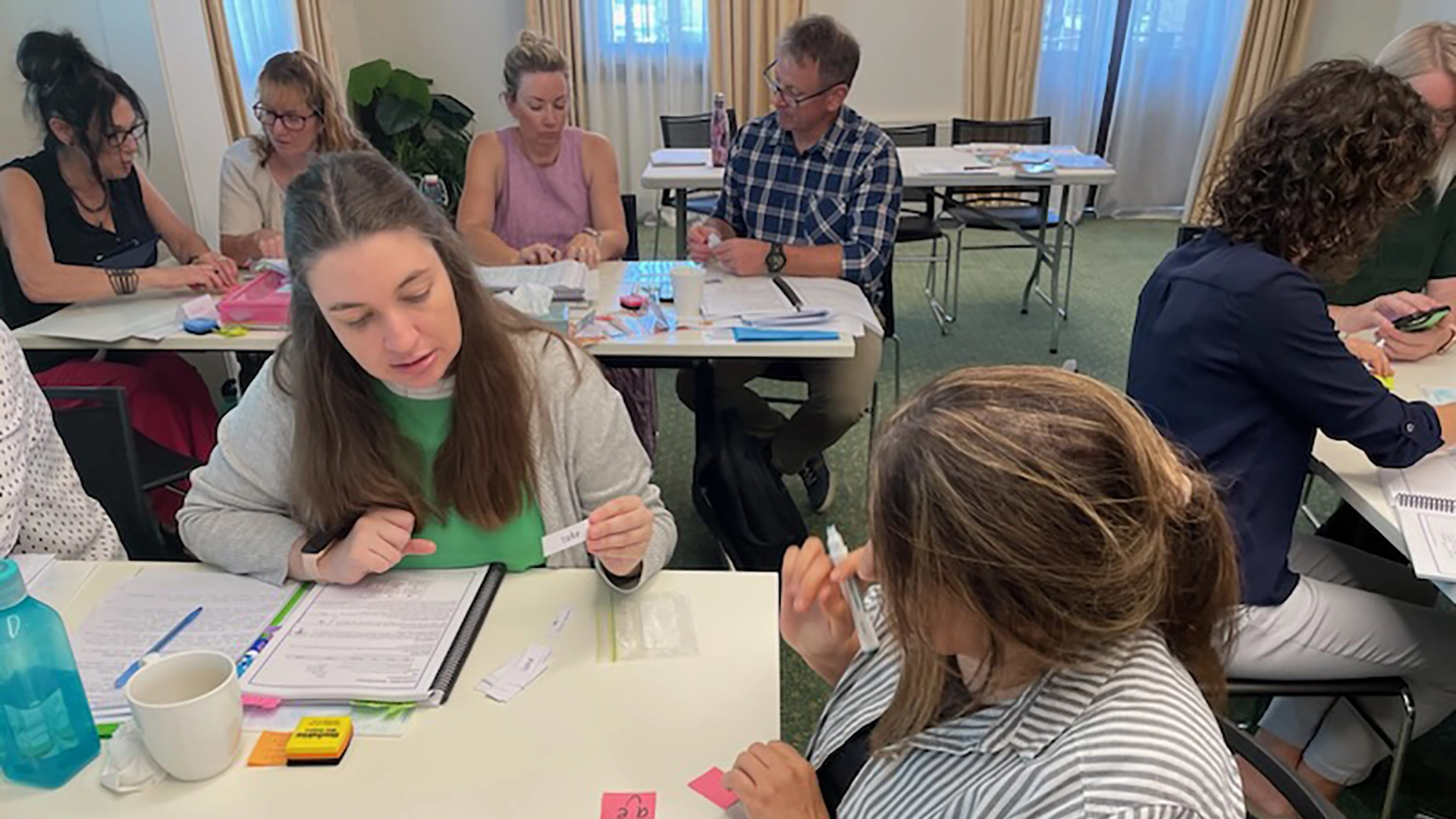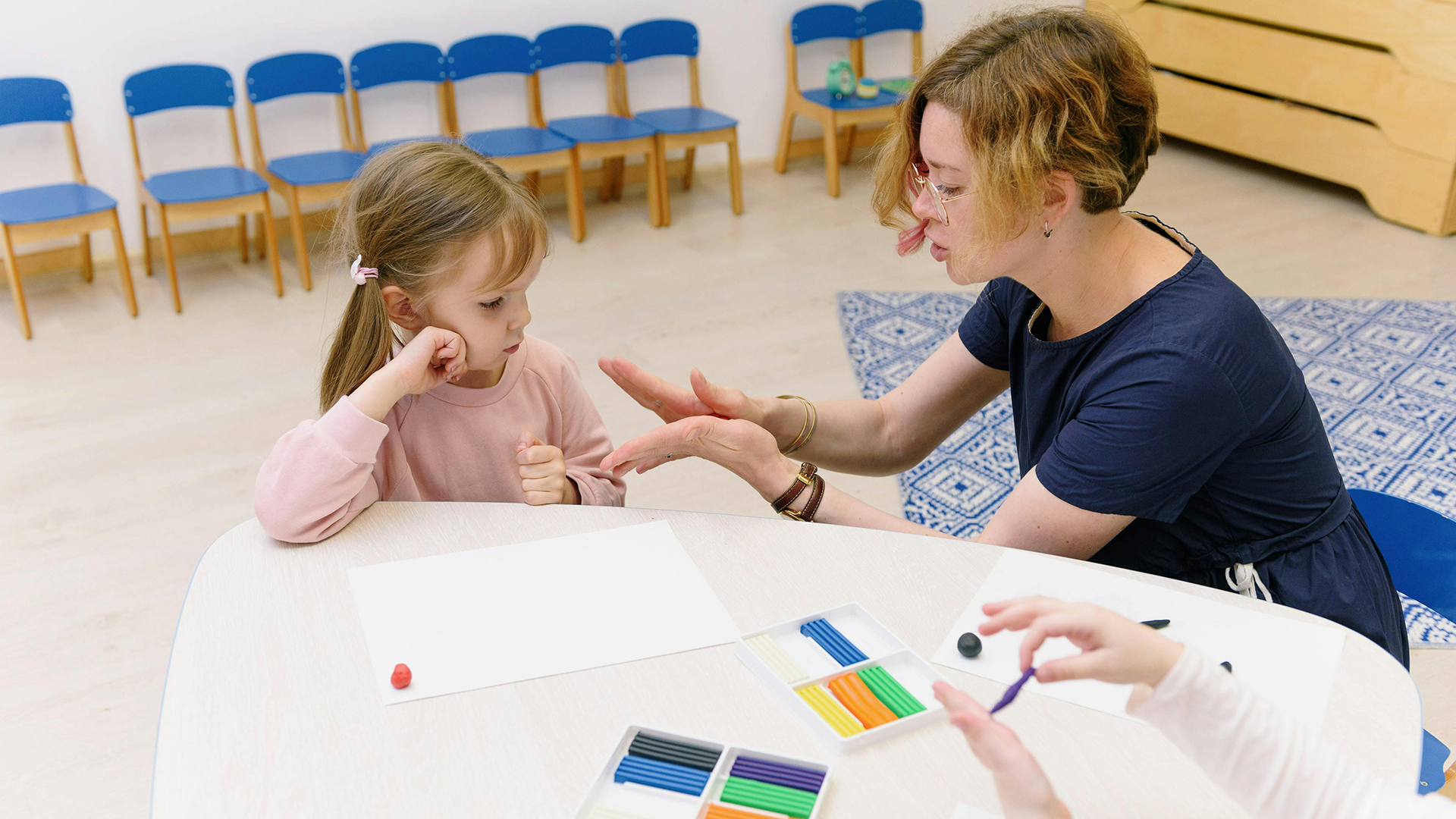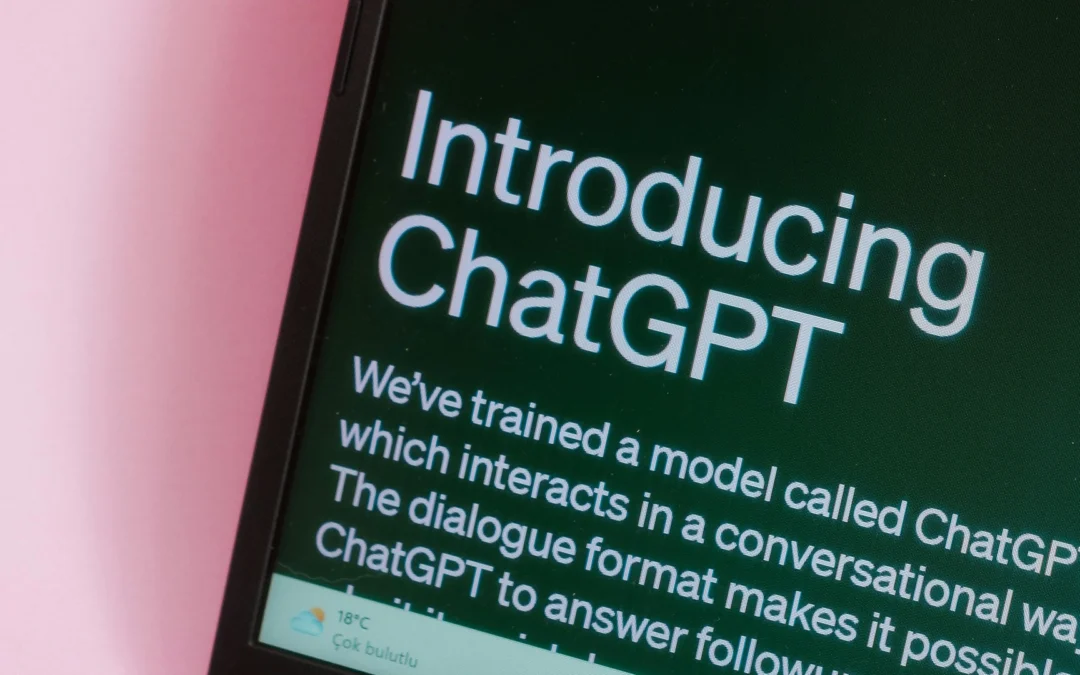A psychoeducational assessment is used to identify strengths and weaknesses, diagnose Specific Learning Disorder (e.g., in reading, often called Dyslexia) (based on the DSM-5-TR criteria) if appropriate, and make evidence-based recommendations to improve learning outcomes.
A psychologist will conduct the assessment and write a detailed report with recommendations to support learning.
At Speld Qld we offer assessments to explore people’s learning and provide a report and recommendations on how to support their learning.
Our scope is focused on supporting people’s learning rather than applications for other services. However, you are able to provide our reports to any other services that you may be working with.
What does the psychoeducational assessment involve?
Background Questionaire
A background questionnaire will be sent to you prior to the assessment with a consent form and an optional questionnaire for you to pass onto a teacher and/or tutor to complete. Send through any other previous assessment reports (e.g., psychology, speech language, hearing tests), school reports, work samples, or other information you may have to speld@speld.org.au.
Interview
An initial interview will be completed on the day or prior to the assessment if needed to gather additional information.
IQ/Cognitive Assessment
An IQ/Cognitive assessment will be completed as part of the assessment to investigate cognitive strengths and weaknesses.
Academic Achievement Assessment
An academic achievement assessment will be completed to investigate literacy and numeracy skills.
Comprehensive Report
A report will be provided to you within 6 weeks of the assessment. If for any reason this is not possible, the psychologist will discuss this with you. Occasionally, complexities with a report or time waiting for additional information can cause delays outside this 6-week timeframe. The report will include the findings and recommendations, including relevant resources, strategies, and accommodations.
Feedback Session
You will be offered a 20-minute feedback session via a phone call or video conference to discuss the report. You can invite other people to join this feedback session (e.g., teacher). Any requests for extra feedback sessions for other stakeholders (e.g., school) can be discussed with the psychologist and may incur an extra fee.
What will the assessment day look like?
Prior to your appointment
The psychologist will gather important background information through a background questionnaire and may also request school reports, work samples and teacher feedback. The week before the assessment Speld Qld or the psychologist will contact you by text, email, or phone to confirm your appointment and discuss any key questions they have prior to the assessment day.
Arrival
We recommend that you arrive 15 minutes prior to your appointment time at the Speld Qld office. The psychologist will meet you in the waiting room at the time of your appointment.
Initial Interview
The psychologist will have an initial interview with you to gather further information and explain what the assessment session will look like. This typically takes 5 – 15 minutes.
Assessment
The assessment session can often take 2-4 hours in total. The psychologist will talk to you about the assessment and offer breaks during the assessment as needed. You can bring water and snacks for the assessment and breaks.
After the assessment
The psychologist may wish to speak to you about the assessment session and gather additional information. They will also discuss when the assessment report will likely be completed.

What assessments will be used?
Speld Qld psychologists will use a range of tools as part of the psychoeducational assessment including standardised assessments, direct observation, and history. Assessments and tools that may be used include:
IQ cognitive
- This assessment will provide a snapshot of intellectual ability across various domains.
- The WISC-V (or WAIS-IV for adults) is most commonly used and measures verbal comprehension, visual-spatial reasoning, fluid reasoning, working memory and processing speed.
- Other assessments may include Woodcock Johnson-IV Tests of Cognitive Abilities and UNIT-2 (nonverbal cognitive).
Academic achievement
- This assessment measures achievement in reading, writing, spelling, and maths. These scores are compared to same-aged people (norms) to determine if a person is performing at, behind or ahead of the expected level.
- Assessments may include: WIAT-III, Woodcock Johnson-IV Tests of Achievement
Questionaires
- Sometimes the outcome of the assessments or results indicate that there are other factors that need to be explored. If attention concerns are raised, the psychologist may suggest including the Conners 4 Rating Scales or other questionnaires if required.
- Other questionnaires that may sometimes be discussed include the ABAS-3 (adaptive behaviour questionnaire).
Other assessments
- Sometimes other assessments may be used to gather additional information if needed.
- These may include: CTOPP-2 (phonological processing), YARC (reading comprehension), TILLS (integrated language and literacy), TOWRE (word reading efficiency), OWLS-2 (Oral and Written Language Scales).
Observations
- The psychologist will make observations during the assessments to inform their report and recommendations.
Background information and reports from parents, teachers and specialists
- Psychologists use all the information together to help inform the outcome of the assessment and the recommendations.
Frequently asked questions
What does the assessment diagnose?
Psychoeducational assessments can be used to diagnose a Specific Learning Disorder. Speld Qld uses the DSM-5-TR diagnostic criteria (Diagnostic and Statistical Manual of Mental Disorders) when investigating Specific Learning Disorder. There are specific criteria that need to be met, which means not everyone that experiences difficulties with literacy or numeracy meets criteria for a Specific Learning Disorder. However, recommendations will always be provided to support areas of strength and areas of difficulty. Someone can have a Specific Learning Disorder with impairment in reading, written expression, or mathematics (or a combination of all three). There are also specific patterns of difficulties that are often referred to as Dyslexia or Dyscalculia.
The other disorder that may be diagnosed following an assessment is Intellectual Developmental Disorder (Intellectual Disability). The psychologist will discuss this with you and additional questionnaires may need to be completed if it is required.
At Speld Qld our psychoeducational assessments do not provide diagnoses of other mental or neurodevelopmental disorders (e.g., Generalised Anxiety Disorder, ADHD, Autism Spectrum Disorder, Developmental Coordination Disorder, etc.). If symptoms associated with other disorders are indicated, the psychologist will give recommendations to investigate it further with the relevant health professional.
If the psychologist suspects attention difficulties are impacting on learning they may suggest completing the Conners 4 Rating Scales. They may also recommend to see a paediatrician (or psychiatrist) to investigate ADHD and provide a diagnosis if appropriate.
What happens if we are sick on the day of the assessment?
Call Speld Qld as soon as possible so that we can reschedule your appointment.
What happens if the psychologist is sick on the day of the assessment?
Speld Qld will let you know as soon as possible and reschedule or reassign your appointment to a different psychologist.
What happens if the assessment is unable to be completed on the day?
There can be a range of reasons why an assessment may not be able to be completed, such as illness, engagement, behaviour, or social-emotional responses (e.g., high anxiety). If this happens, the psychologist will speak with you about what the most appropriate next steps will be. This could include taking a break, a trusted person (e.g., parent) sitting in, rescheduling to another day, or adjusting the appointment to a consultation with recommendations on how to access support until an assessment is able to be completed.
Is your child experiencing learning difficulties?
Support your child’s future with Speld Qld.
Psychologists available now!








